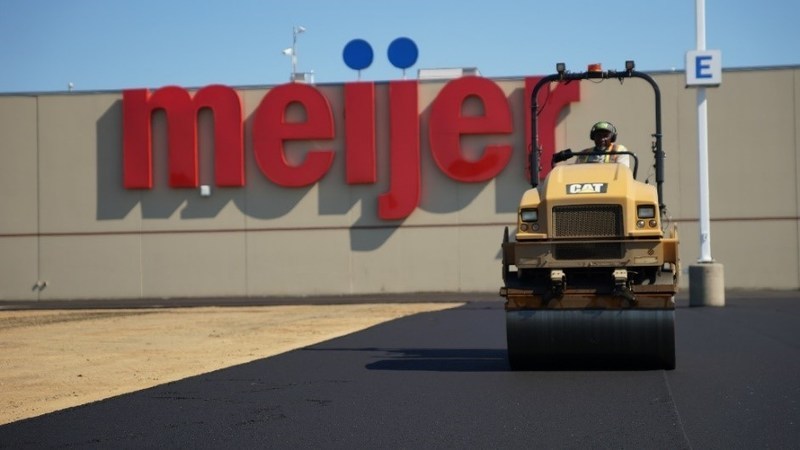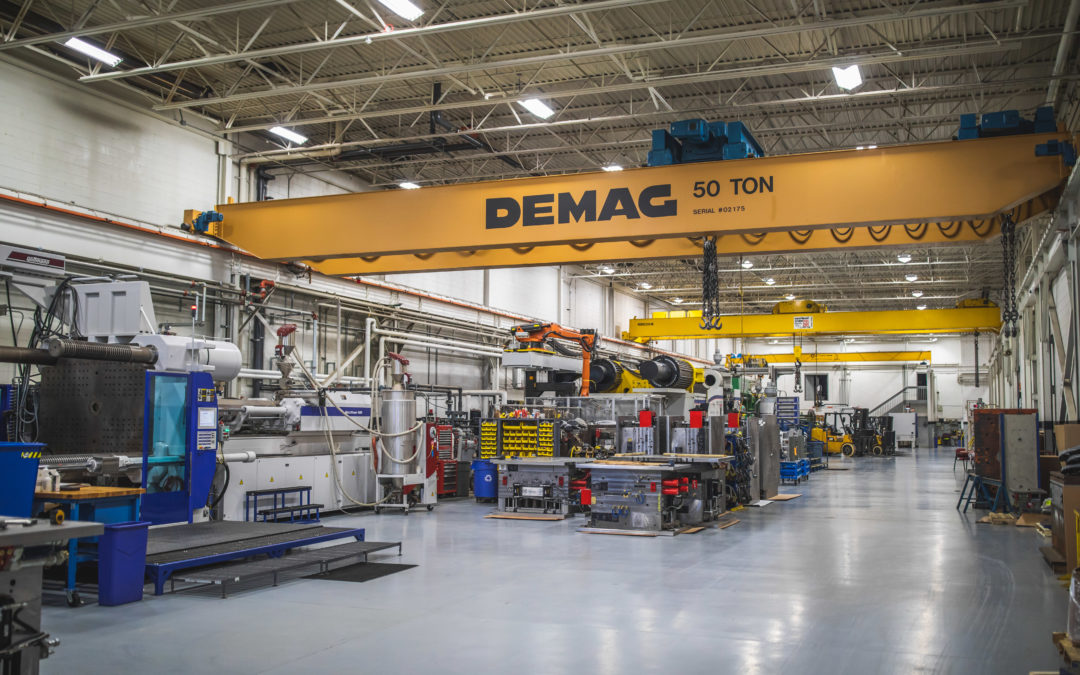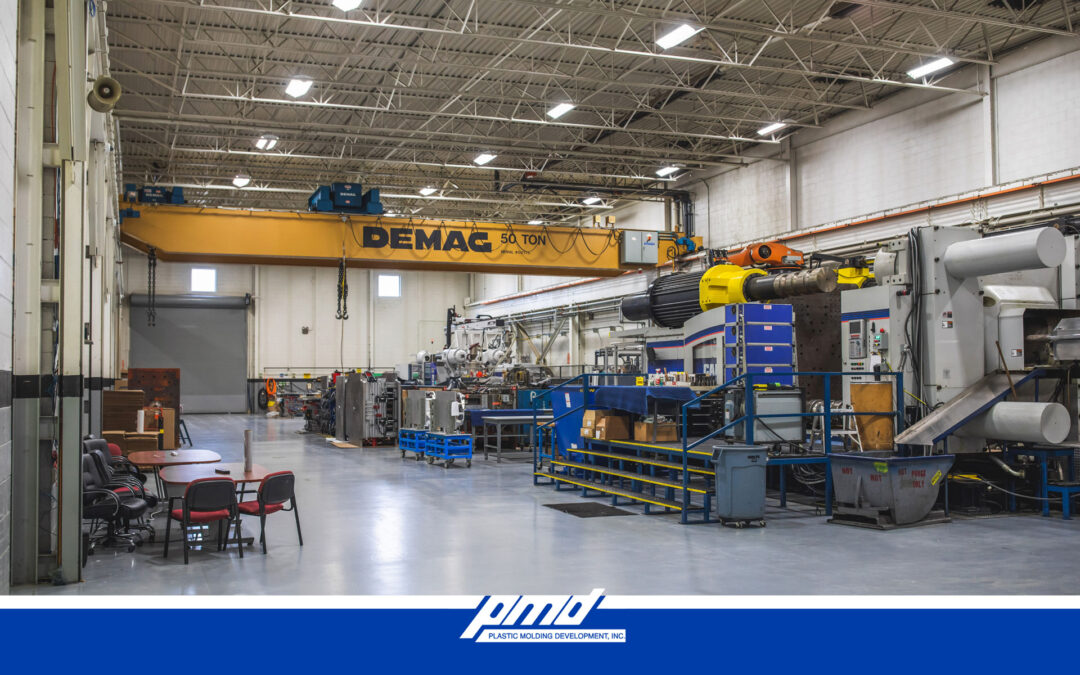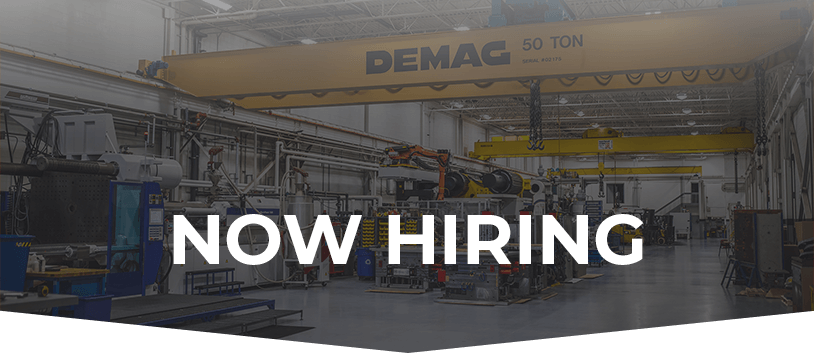Sometimes, recycling plastics means changing them into something completely different. For the past several years, Meijer and Dow, a leading sustainable materials science company, have been involved in a project to transform plastic bags into asphalt. In 2021, their program really took shape, which meant the recycling of tens of thousands of pounds of plastic.
Meijer and Dow enabled a new paving technique using recycled plastic bags to create a more durable parking lot for the Meijer supercenter in Holland, Michigan in November 2021.
According to a press release from Meijer, this recycled polymer modified asphalt (RPMA) parking lot is a three-phase pilot project that used approximately 12,500 pounds of post-consumer recycled plastic (PCR), which is the equivalent weight of 944,000 plastic grocery bags.
This project represents a long-term collaboration between the two companies in their efforts toward a more sustainable future.
“Meijer operates under the philosophy that to be a good company, we must be a good neighbor and that often means working with other likeminded companies on a common goal,” Rick Keyes, President & CEO of Meijer, said in the release.
“We are committed to lessening our impact on the environment and are pleased to partner with our customers and Dow in the largest in-state project of this kind to better demonstrate our commitment to a circular economy through recycling and reusing plastic to better ensure a more sustainable future.”
All of the recycled plastic used for the parking lot pilot project was deposited by Meijer customers through the retailer’s in-store plastic film recycling program. In 2014, Meijer placed a collection bin inside the front entrances of each of its stores for customers to deposit clean, dry plastic bags and films, including single use, bread, dry cleaning, produce, and water softener bags. Throughout 2021, Meijer expects to recycle 6 million pounds of plastics through this program.
“Lessening our impact on the environment through increased recycling efforts is an issue that’s important to us, which is why we believe this pilot project is just one of the ways we can bring our current recycling efforts full circle while improving our customer shopping experience,” said Vik Srinivasan, Senior Vice President of Properties and Real Estate at Meijer, which is headquartered in Grand Rapids, Michigan.
Powered by ELVALOY™ Reactive Elastomeric Terpolymer (RET) technology from Dow, these RPMA projects have increased durability versus unmodified asphalt.
“This is an exciting partnership from start to finish and a perfect example of how the plastics used to keep food safe and fresh, like bread bags, can have a new life as infrastructure like a parking lot,” said CJ DuBois, North American Paving Application Development Leader, Dow Packaging and Specialty Plastics.
In the release, DuBois said this RPMA parking lot made with recycled content and ELVALOY™ RET is just one example of how they are continually creating new technologies and initiatives to transform used plastics into functional and valuable solutions.
This pilot project incorporated numerous partners to take the recycled plastics and turn them into a resurfaced parking lot.
- PADNOS, a materials recycler, aggregated the Meijer recycled plastics and converted them into usable PCR content.
- K-Tech Specialty Coatings, an asphalt emulsion company, modified the base asphalt binder with ELVALOY™ RET and PCR content.
- Rieth-Riley, the construction contractor, produced the final hot-mix asphalt and paved the Meijer parking lot and gas station.
The pilot parking lot project with Meijer isn’t a first for Dow, which is headquartered in Midland, Michigan.
Dow began working on these projects in Indonesia in 2017, partnering with the Indonesian government toward its goal of reducing plastic waste in the ocean by 70 percent by 2025. In August 2021, Dow completed a RPMA public street at the University of Missouri.
Prior to this, Dow completed two RPMA roads at Dow’s Freeport, Texas site, two roads at the Dow Sabine River Operations where ELVALOY™ RET is produced, and four public roads and two parking lots in the Great Lakes Bay Region of Michigan.
That totals approximately 14,000 pounds, or more than 1 million plastic bags.






